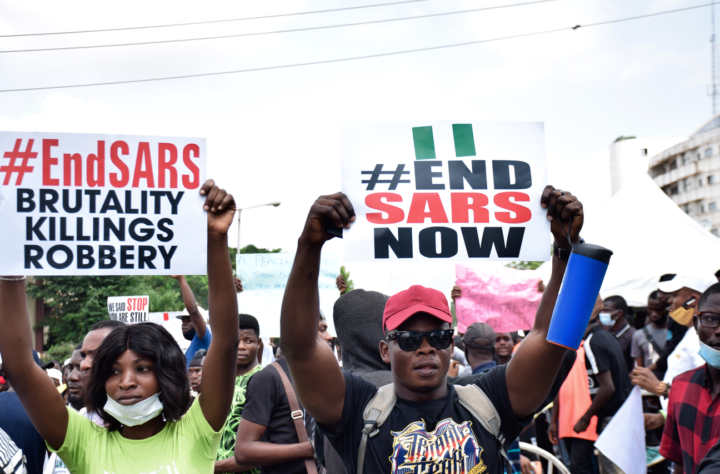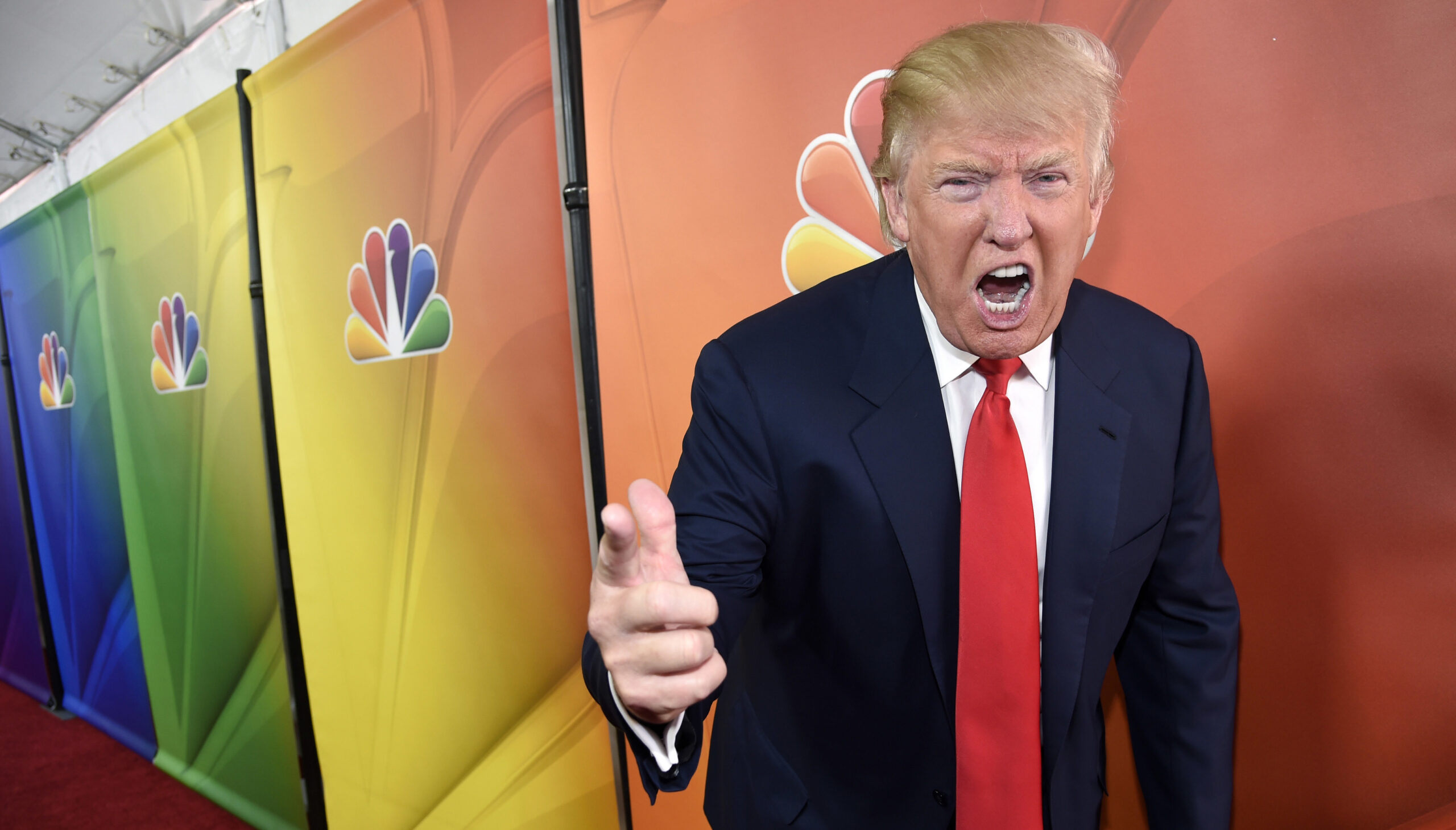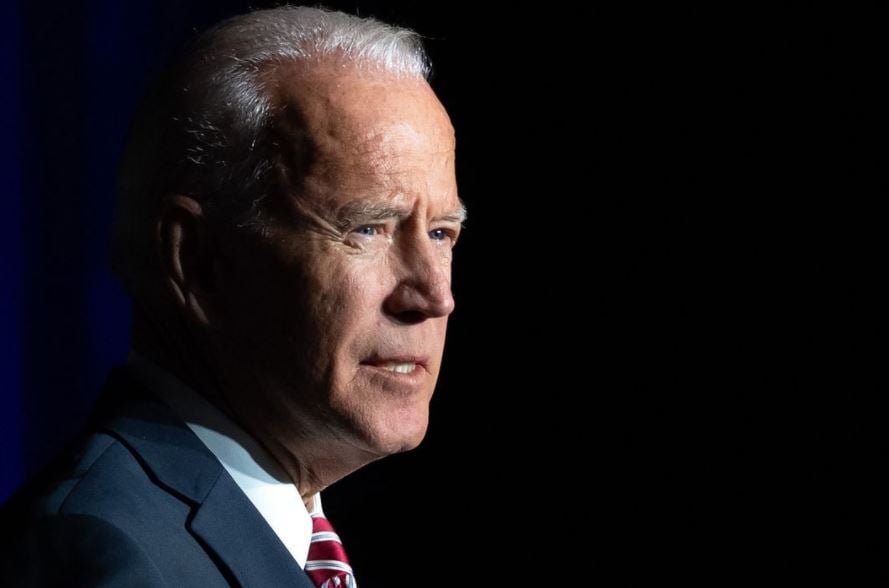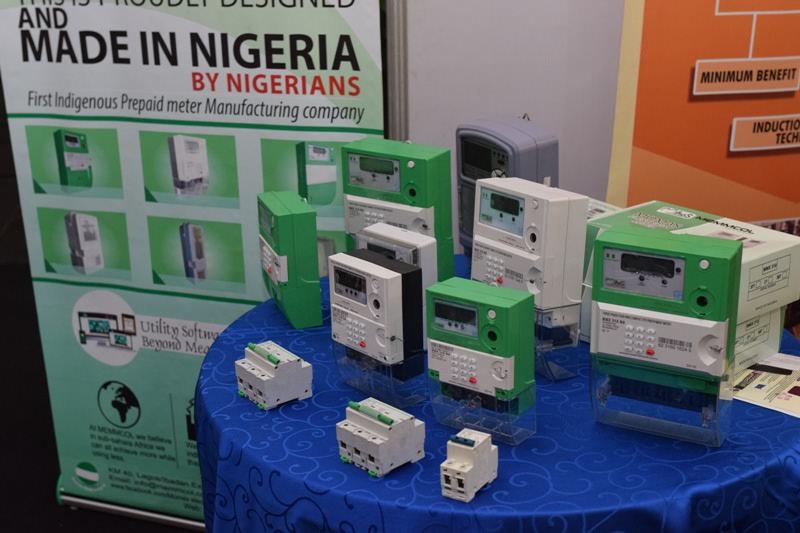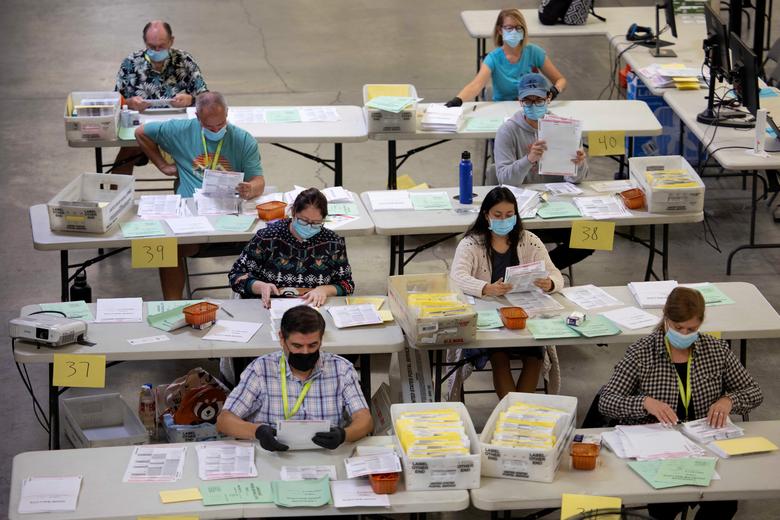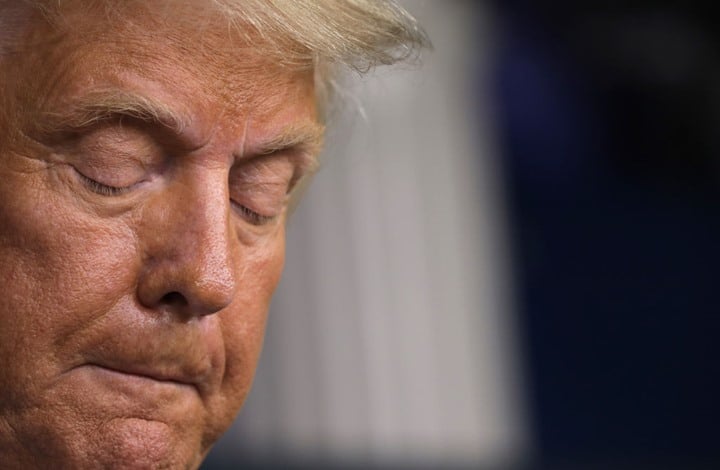The genie is out of the bottle. Massive as the destruction of lives, properties and the disruption of normal activities accompanying the EndSars protest across the country have been, they are just a shot across the bow of the Nation.
Everybody from the protesters, the government and indeed all Nigerians have come out of it bloodied. Lives have been lost from both sides; livelihoods have been destroyed and some life and reputations have also gone aground.
Most significantly like the fall of humpty-dumpty from the wall, as a country, we have moved up several notches to unheard of levels from our normal but manageable levels of intolerance and mutual suspicion. Nigerians now are literarily at daggers drawn with each other, primed and preparing silently and ominously for the next convulsion.
There are ticking time bombs everywhere set to explode in no distant future; between the South South and Southeast over the activities of the Indigenous People of Biafra (IPOB), in the South West against IPOB and northerners, and in the North against Southerners generally in the event of further violence against Northerners in the South. Add this to the already existing ones of the Boko haram terrorism in the Northeast, unrelenting banditry in the North and the herdsmen-farmers killings in the central parts, you then have a combustible broth that will likely sooner or later explode into one big bleeding orgy of violence that may finally and totally destroy the country.
Advertisement
The next convulsion will not only involve Nigerians going at each other’s throats, there will be a heavy and clear involvement of foreign parties as well. The foreign contingent will be here not necessarily to help any of the Nigerian parties in the conflict, but to advance their own interests at the expense of Nigerians.
The Endsars protest has already set the stage for this happening. First of all, the government and its institutions were not only caught unawares, there were little or no efforts at coordinating an appropriate response. For lack of a clear cut response, functionaries of the government dithered from appeasement to keeping away from the limelight as the protests raged on and the protesters took on the higher moral and political higher ground. The entire government was paralysed and at odds.
The sense of panic was so palpable that some functionaries of the government were already making discreet arrangements with some foreign embassies for a soft landing. The National Assembly sensing that the protesters were probably planning to storm that arm of government latched on to the only card left; calling on the President to address the Nation in order to douse the tension.
Advertisement
Secondly, with the protests resulting in the Police being demoralised, dispirited and disillusioned, the country’s first line of law enforcement and security was virtually knocked out. And with the country’s last line of defence, the military under unwanted spotlight by both local and foreign entities, it would have proven too risky to deploy them even if the situation had escalated to unacceptably dangerous levels.
Under these circumstances, had the protest continued for a couple of weeks more, it was anybody’s guess what would have happened to the government and the country.
What clearly saved the government and Nigeria was the address by the president which to a very large extent helped to calm and reassure frayed nerves, as well as the fact that the major world powers who had shown a great deal of interest initially in what was happening, had through the assessment of their intelligence operatives concluded that the reported alleged involvement of the Nigerian armed forces in the alleged massacre of protesters at Lekki was false. Had there being a confirmation that the military was involved the government would have by now been on its way out.
As it is, we have only postponed the evil day. With our police now on the back foot and our armed forces on pause mode caused by the attention of foreign and local parties, the government is not only a lame duck, but a sitting one as well vulnerable to the machinations of foreign interests and their local collaborators. Nigeria is now well and truly in the cross hairs of foreign predators who smell the prospect of a feast in the making.
Advertisement
Let us look at the line-up of the foreign predators and their possible reason for wanting to have a go at Nigeria.
Great Britain; the former colonial power that likes to celebrate India and Nigeria as the two greatest success stories of its colonial enterprise. Having pulled out of the European Union in an acrimonious fashion in what is seen as a desperate economic gamble full of uncertainties, Britain has targeted a linkage with its former colonies as one of the pegs of its post-Brexit life. Being one of its crown jewels, Britain would be averse to see a break up of Nigeria, but would not mind if our leaders and the country is put through some moments of ‘’high jump’’ knowing full well that our elites would always run to ‘’mama’’ at the slightest indication of trouble. That way, the ‘’perfidious albion’’ would gently wring our hands and ask for more trade and commercial concessions in the interest of ‘’our long term history of mutually beneficial relations’’, all ending in a state banquet somewhere in London where the mop haired British Prime Minister Boris Johnson probably in a rumpled suit, after a generous helping of his favourite ally and with a sideways nod and wink to a colleague raise a glass for doing one over the ‘’chaps with a watermellon face’’ as he likes to refer to Africans.
It probably points to why the UK authorities have allowed the activities of individuals like Nnamdi Kanu and Adeyinka Grandson in order to put the squeeze on Nigerian authorities and create a sense of panic. The more the Nigerian authorities get hot under their agbada on the strength of Kanu or Yinka’s quixotic, loony tunes of breaking up Nigeria, the more the ante is upped. The duo is probably being secretly funded by Vauxhall to do what they are doing as part of the British grand design to achieve its post Brexit aims in Nigeria.
The United States of America: Things are not looking too good for the Americans globally. With China breathing heavily down their necks on the global economic and geostrategic stage, the Yanks have become paranoid, nervy and even petty on issues pertaining to their foreign engagements. Nowadays. the Americans see everything happening in the world in terms of ‘’ Usvs China’’ and they are on the lookout balefully for any country or group of countries that seem to cozy up to China no matter how innocuous.
Advertisement
In Nigeria, the Americans are not happy that we have signed up to China’s ‘’belt and road’’ initiative of delivering infrastructure projects to countries around the world willing to take it. The Americans would also not look with favour our signing up for loans with China for development projects in the country. They would prefer that our railway projects be handled by American firms Amtrak or Burlington Nodes rather than the Chinese. In the present truculent mood in America, any tending towards any engagement with China is almost akin to a declaration of war and countries involved in this are likely to incur the wrath of Uncle Sam.
Nigeria’s relationship with America even at best of times have never been hundred per cent warm. This has to do principally with Nigeria not always willing to align fully with America’s definition of its geostrategic interests in Africa which Nigeria as the foremost country in the continent, sees differently. Add this to our China policy and we now see a lot of American ‘’bad belle’’ against Nigeria.
Advertisement
In this regard, the Americans have tried to block the well- deserved reappointment of Nigeria’s Akin Adesina at the African Development Bank. The latest of such acts of bad faith against Nigeria was the blocking of the election of Nigeria’s Ngozi Okonjo-Iweala as the Director-General of the World Trade Organization even after being overwhelmingly voted in by member countries of the body.
We should not forget that it was America that predicted the disintegration of Nigeria in 2015 by the assessment of their intelligence community. As is well known with the Americans, they cannot arrive at such conclusion abstractly without helping to bring it about one way or the other.
Advertisement
It came as no surprise then to find tell-tale signs of the involvement of a couple of American firms in the EndSARS protests. Also the template of the protests bears the unmistakeable imprint of American template of destabilization in countries like Venezuela, Iran, Libya, Hong Kong, Syria and so on.
Internally, there are strong indications that Nigeria faces tough challenges in the three years running up to the next election circle in 2023. The ever tense fault lines are opening up. Demands for the breaking up of the country once thought as pie in the sky dream are gaining greater traction with the perpetrators getting more and more daring in their plans to actualize it.
Advertisement
In perspective, the EndSARS protests were a new rage by the new age. We are used to street demonstrations or protests mostly by students of tertiary institutions or religious groups expressing their grievances over issues that are exclusive to them. But the EndSARS by organization and the manner it was carried out holds a lot of lessons about the state of the nation.
First of all, it has shown the latent power of the youth who constitute up to 70% of the population of the country. It also shows clearly that this critical segment of our population is alienated in the scheme of things in the country. Nigeria as presently constituted seems to have little or no plans for their future except as cannon fodder for the interests of the older generation. Through the EndSARS protests the youth have demonstrated that they could actually bring the country to its knees. Had their organization and mobilization been better in terms of linkages across the nation, the outcome of the protests would have been different.
Secondly, the EndSARS exposed the fundamental weaknesses in the institutions of the country. Even though the protests were about the excesses of an arm of the police, the entire structure of governance in the country was shaken to its foundation. While the protests lasted, the police, military, state security, the legislature and judiciary across the country were all in one state of disarray and paralysis or the other. For an interminable time the fate of the nation hung in the balance and all depended on President Buhari’s intervention. Had the president chosen to stay mum and the protests continued for about a week or couple more, we will by now be talking in different terms about Nigeria.
The third important lesson to draw from the protests is that inexorably the common ground for sustaining the unity of the country is slipping away. Although the protests was principally about police brutality which affects all and sundry across the country, all the fault lines came to the fore prominently to exacerbate the situation. What this means is that there is an urgent need for us to find new vistas of staying together and transforming the country as the current situation cannot withstand the strains of our inherent contradictions.
Thus the pertinent question to ask then is; can Nigeria be saved?
Let us not complacently delude ourselves that there can be no eruption on the scale of the EndSARS protests going forward. The protests have exposed the weakness of our institutions and their inability to stand up to be counted in a situation of national crises. They have exacerbated our fault lines and showed that we are all too ready to turn against ourselves viciously over matters that should unite us.
Above all. it has fired the imagination of our alienated youth that they can grind the nation and if they organized and mobilized properly they can actually topple the government.
Going into the next elections circle in 2023, these inherent weaknesses and contradictions will surely manifest in ways dangerous to the health of the country. Under the circumstances, Nigeria will present itself as a tempting target for predatory action by foreign interests. With this combustible combination menacingly poised over us, even our famed resilience and Houdini act will be severely tested. The stage will then be set for the Libyanization of the country.
It is a scary prospect that should jolt our normally self-absorbed elite to act in ways that should save the nation and themselves in the process. We are now between the eleventh and the midnight hour all wired up. The last protests were a shot across our bow. The next will be a shot amid ship.
Views expressed by contributors are strictly personal and not of TheCable.

